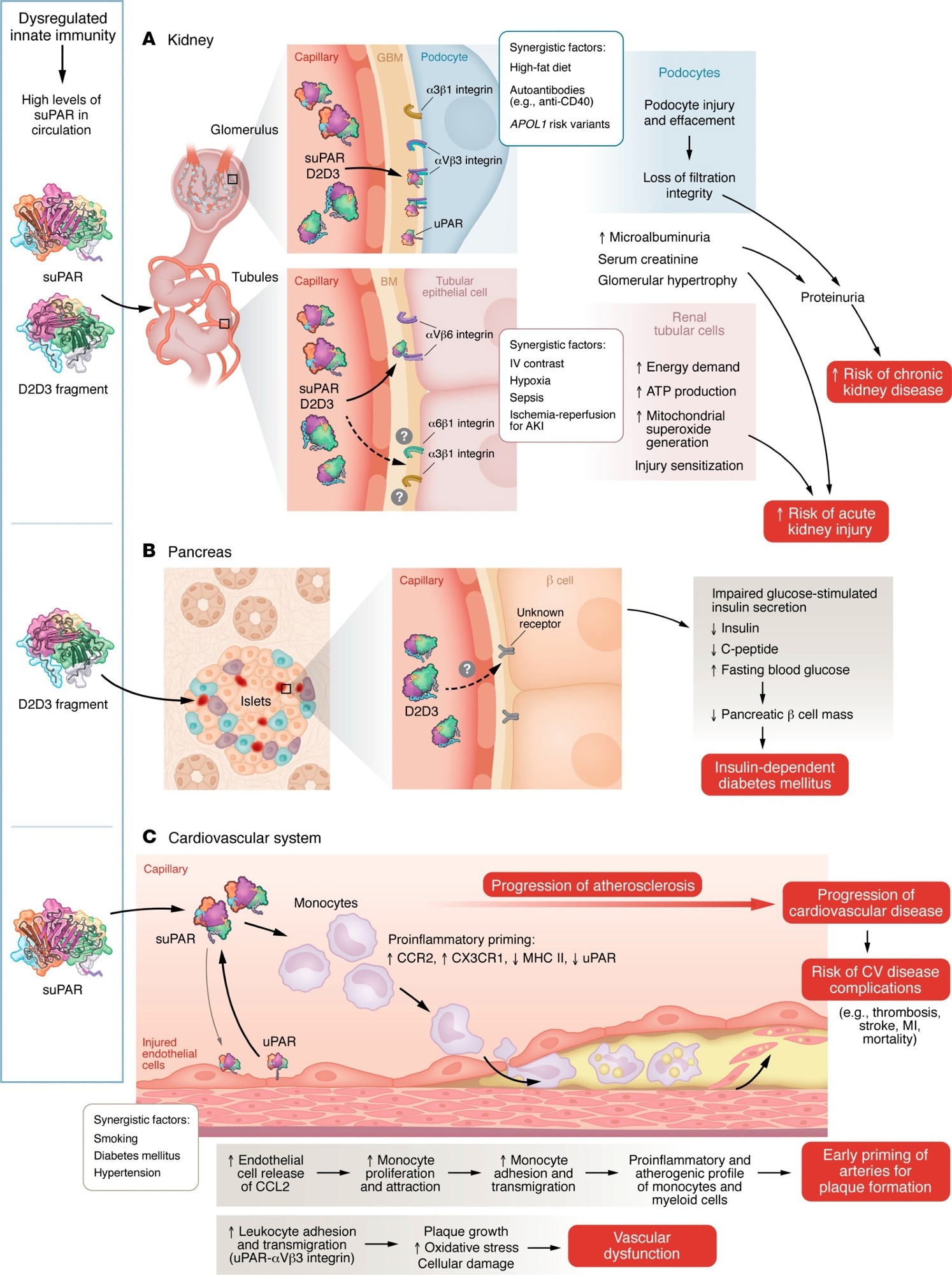Why Does Your Stomach Hurt More Often as You Get Older?
:max_bytes(150000):strip_icc()/VWH-GettyImages-2176373086-c48731a2a740488990943473d3ca0f6e.jpg)
Key Takeaways
- Digestive problems like constipation, acid reflux, and bloating might become more common with age.
- Long-term medication use and lifestyle changes can worsen stomach issues in older adults.
- Having fewer digestive enzymes can make it more difficult to break down food.
You may notice more stomach trouble as you get older, and you’re not alone.
Digestive issues—like constipation, acid reflux, or bloating—are more common with age. That’s because your digestive system naturally slows down and becomes more sensitive over time. Medications, lifestyle changes, and other health conditions can make things even trickier. Some adjustments may help keep your gut feeling more comfortable.
Why Your Digestion Changes With Age
As you age, the muscles and nerves in your digestive tract naturally become less active or coordinated, making it harder for food to move along smoothly, said Erica Chung, MD, a gastroenterologist at the Montefiore Health System in Bronx, NY.
Your stomach may also produce less acid, and the gut may not absorb nutrients as well.
“Taking certain medications, such as narcotics or antidepressants, having other health conditions, such as diabetes or Parkinson’s disease, and changing lifestyles, such as being less physically active, eating less fiber, or drinking less water, can also play a role,” Chung said.
Why Constipation Gets Worse (and What Helps)
One of the most noticeable effects of these changes is constipation, which can quickly turn into a daily frustration for many older adults.
The digestive system can slow down with age and food might spend more time passing through the intestines. When this happens, the body absorbs more water from the food, which can make stools harder and lead to constipation.
Your body also makes fewer digestive enzymes that can break down food into smaller, easier-to-digest bits that can be absorbed into the body. That decline in enzymes can leave you with slower digestion and more stomach pain, said Nikiya Asamoah, MD, a gastroenterologist with Medstar Washington Hospital Center in Washington, DC.
Staying hydrated and exercising regularly can help keep digestion moving, she added.
Why Heartburn Hits Harder With Age
Along with constipation, another problem that often shows up or intensifies with age is acid reflux.
Gastroesophageal reflux disease (GERD), also known as acid reflux, tends to be more common in older adults. One reason is that the lower esophageal sphincter—a muscular valve between your esophagus and stomach—may weaken over time. This can result in stomach acid or food backing up into the esophagus, causing heartburn and irritation.
Excess body weight can also contribute to reflux because the extra pressure on the abdomen can push stomach contents upward, making heartburn more likely.
Lifestyle changes often help ease symptoms. Avoiding triggers such as spicy foods, coffee, and alcohol can help. Eating smaller meals, not lying down soon after eating, and maintaining a healthy weight can also make a difference. But if discomfort continues, talk with your doctor about over-the-counter or prescription treatments.
How Medicines Can Upset Your Stomach
Many of the medications people take as they age can also make stomach issues worse. Medications—such as antibiotics and ibuprofen—can weaken the stomach lining. Older adults are more prone to stomach irritation because they’re more likely to take drugs for chronic conditions.
Ask your doctor or pharmacist about coated tablets that may help reduce irritation. Try to take your medicines with food or a full glass of milk as well.
Drugs like narcotics and antacids can also cause constipation. Make sure you’re drinking plenty of water and eating enough fiber to keep your bowel movements regular. If you have difficulty passing stool, talk to your doctor about taking a laxative or stool softener.
Simple Habits to Keep Your Gut Happy
Small lifestyle changes can go a long way in easing these digestive problems and keeping your gut healthier over time.
“Don’t forget fiber,” said Subhankar Chakraborty, MD, PhD, a gastroenterologist at the Ohio State University Wexner Medical Center. He recommends eating 25 to 35 grams of fiber per day, from foods such as whole grains, fruits, and vegetables.
He also advises eating smaller, slower meals, exercising most days, drinking plenty of water, and avoiding lying down right after eating.
Asamoah noted that if you regularly have stomach symptoms, including diarrhea or gas, discuss them with your doctor. You can also keep a food journal to see if there’s a trigger food or medicine.
“Some kindness to your stomach, even if it changes what you ate and how you ate when you were younger, can go a long way toward easing digestive pain,” Asamoah said.
link

.jpeg)






